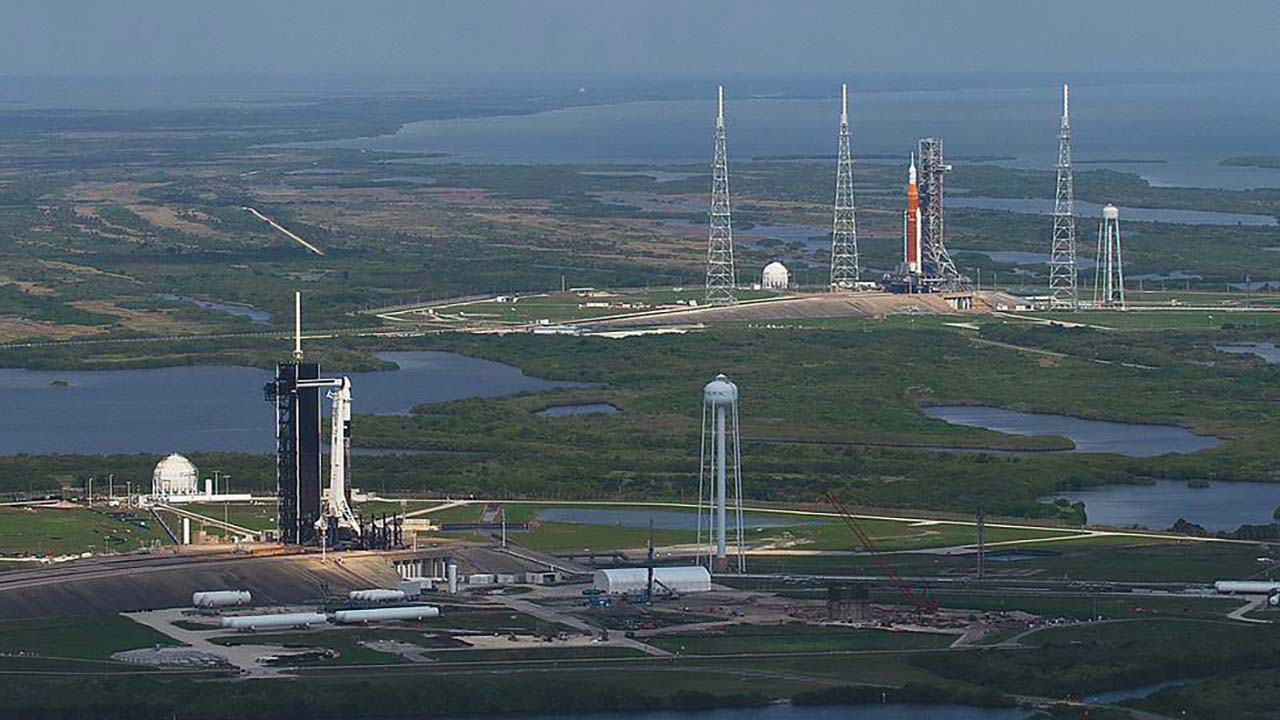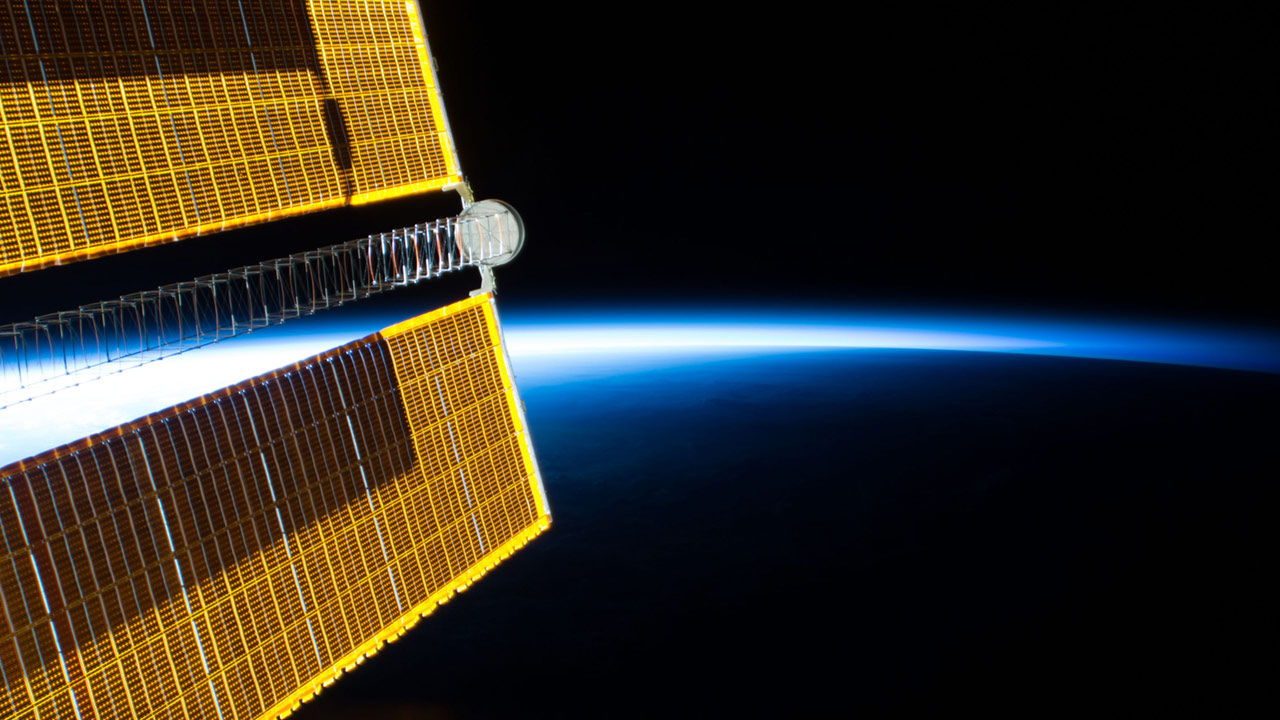Gregory H. Johnson, the ISS National Lab President and Executive Director
Last week, NASA released a Request for Information (RFI) seeking innovative suggestions from the private sector on how NASA can enable increased commercial involvement in low Earth orbit (LEO) initiatives. This solicitation, titled “Evolving ISS Into a LEO Commercial Market,” is part of a major and exciting trend in the space community to privatize and commercialize activities in LEO. Since the International Space Station (ISS) is one of the major players in LEO, we here at the ISS National Lab are eager to see the success of this RFI in obtaining new ideas for how we can accomplish our mission to increase use of the ISS U.S. National Laboratory.
The New Space movement and the trends in commercialization of space science have gained much momentum over the past decade. This not only yields benefits to LEO initiatives—it also paves the way for NASA to free up more of its efforts to focus on its primary goals of furthering space exploration. While NASA and Congress pioneered the efforts to bring the U.S. into LEO—and conquered this objective—we have now reached a stage where it is time to pass the torch to non-government sponsorship. It’s reminiscent of many government led efforts of the past; for example, government sponsorship of the transcontinental railroad was instrumental in its construction, but transition to commercial management and maintenance was planned, prudent, and executed at the appropriate time. So too is it time for LEO initiatives to be made more accessible, affordable, and powerful through a transition to commercial involvement.
the ISS National Lab plays a critical role in this movement. Designated by Congress to manage the ISS National Lab, we not only have the responsibility to increase awareness and use of this lab—we also are tasked with increasing specifically commercial use of the lab. This NASA RFI may help us greatly in this effort, as responses detailing approaches/opportunities for increased commercial involvement in LEO should include some ideas for increased use of ISS. We at the ISS National Lab are extremely pleased that NASA is helping to globally promote such efforts that trickle down into benefits for our mission—and we are grateful that NASA intends to freely share its findings from this RFI with our team. We intend to be proactive in communicating with our community of researchers, industry partners, and space-related service providers to gather information and assist NASA in making this RFI a huge success for the space community and, downstream the country—whose taxpayers contributed heavily to the creation of ISS and deserve to see maximum return on their investment. The U.S. is moving into an exciting new future for space—expanding our reach out into the universe—and we at the ISS National Lab are thrilled to be working with NASA as a major player in enabling this future. We look forward to seeing the results of this and future opportunities promoting commercialization of space.






